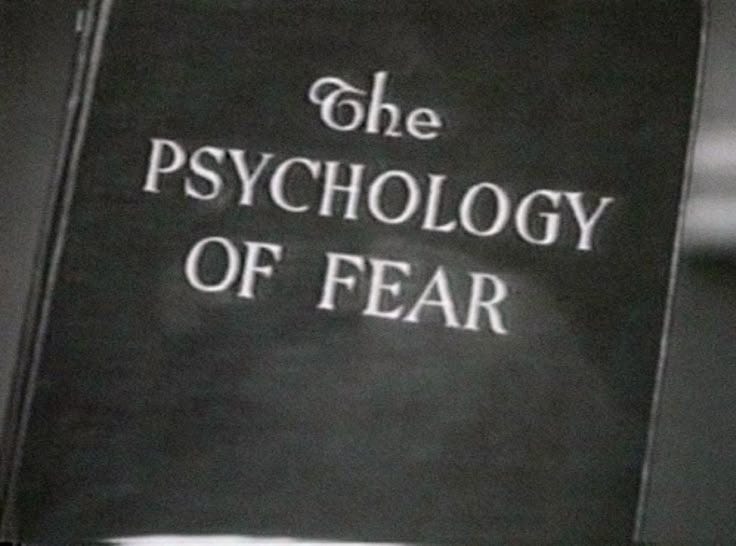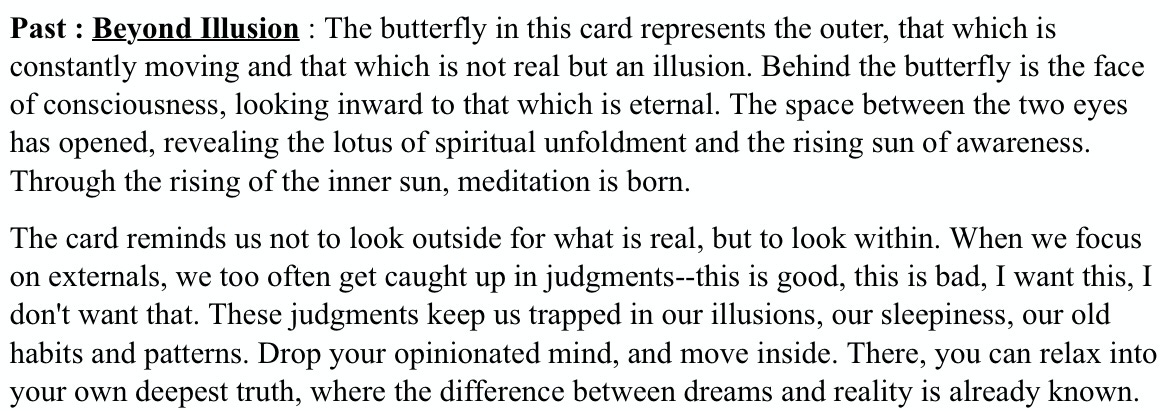This is a companion to my latest podcast episode, Absorbing the patriarchy. I wanted to make a commentary on emotional and verbal abuse. Verbal, not only in the sense of blatantly calling others names, not only in the sense of clear offensive words directed toward others. The kind I am referring to includes when it’s more covert than that, sometimes called verbal aggression. In general all of this can be something that others cannot see, know, understand, or rarely believe is happening to you. Though it feels like the person who is doing it is holding an invisible gun and shooting at you over and over, and you can feel it, throughout your entire relationship whether that’d be romantic, familial, or platonic. Some people have taken my life with this invisible gun, but I refused to lay down forever. I recovered, and so can you.
For anyone who does not know what this is, I couldn’t explain it. I’ve come to realize this phenomenon is truly elusive (reminds me of when Lana Del Rey sings, everything you do’s elusive to, even your honey dew) unless you’ve gone through it or’ve gone to school for it and became a social worker - and therefore have to understand the dynamics because you handle it within your work - emotional and covert abuse can be hard to grasp. I have met men who have experienced this with their partners and have seen nonbinary people as well as lesbian couples where one of them were exhibiting these behaviors so this is not just limited to one scenario, it can affect any person/any relationship. But just to be clear emotional and verbal abuse tend to go hand in hand, and at any time, can escalate to physical violence. Escalation to death still exclusively happens to those who identify as women and is considered a public health issue.
As I said above I can’t explain it, but I can give examples.
Emotional abuse is when you get upset about something that someone did, and when you try to talk to them about it they laugh it off, or tell you you’re wrong, or work hard to cover up what they did
Emotional abuse is when you are crying and the person is still denying what you’re feeling
Emotional abuse is when you tell someone that you need to talk to them about what’s going on in your relationship because you feel sad, depressed and upset by their actions and they tell you that all you want to do is talk about problems and not focus on the good in the relationship, or that they miss you and every time they want to just relax and spend time with you you have to bring up issues in the relationship
Emotional abuse is when you are trying to talk about an issue and the person refuses to continue the conversation or they say that you’re ruining the relationship
Emotional abuse is when you’re trying to protect yourself by either walking away or disengaging because a person’s words or actions are creating an unsafe environment and they tell you that you’re wrong for not being there for them or that you never support them
A note on verbal aggression: I’ve noticed it can specifically come into play when a person acts passive aggressively, which can look like underhanded comments or side comments when you’re the only one in the room and they talk about you in the third person or not admitting to you that they’re mad at you but it’s openly obvious through their tone and way of being
In contrast, this is a list of basic rights in a relationship from Patricia Evans book, The Verbally Abusive Relationship:
The right to be called by no name that devalues you
The right to clear and informative answers to questions that concern what is legitimately your business
The right to live free from accusation and blame, criticism and judgment
The right to encouragement
The right to goodwill from the other (a reaching out, a conscious concern for the other’s well-being, such as an embrace and a what did I do? tell me what is upsetting you?)
The right to emotional support
The right to be heard and responded to with courtesy
The right to have your own view even if their view is different
The right to have feelings and experiences acknowledged as real
The right to receive a sincere apology for any jokes you find offensive
The right to have your work and interests spoken of with respect
The right to be respectfully asked rather than ordered
The right to live free from emotional and physical threat, and angry outbursts and rage
Abuse will violate every one of those rights, but the deeper truth is that you are enough and your path is sacred no matter how terrifying or fearful. Others catalyze us to fully understand and grasp our true worth, and you know things from experience. That is true wisdom, no book or person could ever tell you what is right or wrong in your own eyes.
Jennifer Diane is a goddess of darkness, writer and model based out of New Jersey. Since 2017, she has not stopped gathering self-help resources in an effort to grow where everything was dead. Besides running Healing with the Occult, Jennifer shares the radical truth on the Enlightenment through Hellfire podcast and creates books and zines for Endeavors of Horror.





